The Covid-19 pandemic, from which we are just emerging, disrupted the form and practice of formal education at all its conventions and levels. As never before, we teachers had to use our soft skills even to get in touch with our students and capture and keep their attention, as well as to help them acquire knowledge and develop their intellectual qualities. Let’s keep in mind that the idea of educating as simply transmitting content is no longer acceptable.
The concept of soft skills is handled in modern times, especially in relation to the hiring of personnel in companies, seeking in their prospects not only technical abilities, but others that have to do, for example, with issues such as adaptability to changes, leadership or time management. These considerations came into vogue due to the increasing predisposition of companies to interdisciplinary and synergistic work between their different areas.
But the idea of soft skills in education itself is nothing new, we can find it, although certainly not under that name, in Socrates and Plato. Let’s take the first of them as an example. He used the dialectic, giving his students the opportunity to dialogue and express their opinions and points of view. We started doing this in the pre-pandemic classroom, but it was difficult for us to implement it in virtual education. The famous Greek teacher used a method that we know as maieutics, a procedure by which the teacher, through questions, makes the student discover knowledge, something that we are returning to and that we classify as a characteristic of emotional intelligence, along with self-regulation, self-motivation, empathy and social skills. Knowing oneself is also part of emotional intelligence, one of the main objectives proposed by this philosopher.
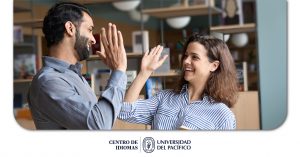 Interpersonal relationships, the nerve center of soft skills, changed radically, in terms of teachers and students, with virtual teaching and are now changing again with the return to face-to-face sessions. Is it a thing of going back to where we were when the deadly virus broke out? Have we not learned anything worth preserving?
Interpersonal relationships, the nerve center of soft skills, changed radically, in terms of teachers and students, with virtual teaching and are now changing again with the return to face-to-face sessions. Is it a thing of going back to where we were when the deadly virus broke out? Have we not learned anything worth preserving?
The students also had to use their soft skills to get used to and take advantage of a teaching system to which they were not used at all in the vast majority of cases. And now, with the return to the face-to-face, they need a new adaptation, which can generate confusion, a certain mistrust or a lack of location in them. It is when teachers must strengthen theirs: communication, leadership, teamwork, negotiation skills, confidence, empathy, decision-making, critical thinking, analysis and understanding of consequences, anger, sadness and frustration management. More than ever it is necessary to consider the concept mentioned before, which comes from the Greek philosophers. Education is not the transmission of knowledge; it is preparation for life.


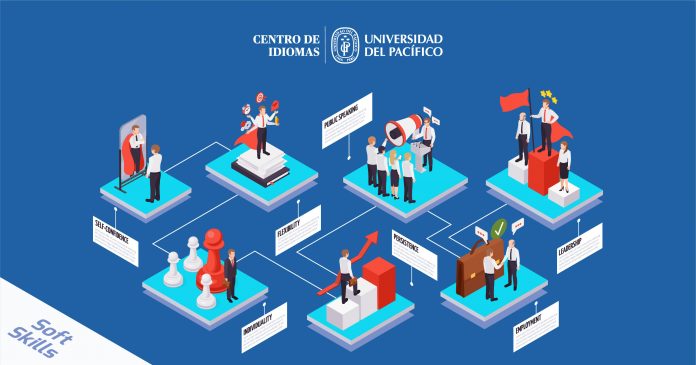
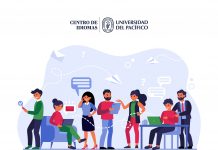
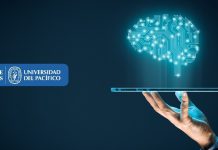
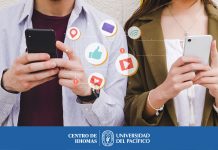





According to Socrates’ philosophy, it is in examining life that you learn something, not in reaching an answer. Students need to be engaged with their environment in order to learn effectively, both in virtual and face-to-face classrooms.
Comments are closed.